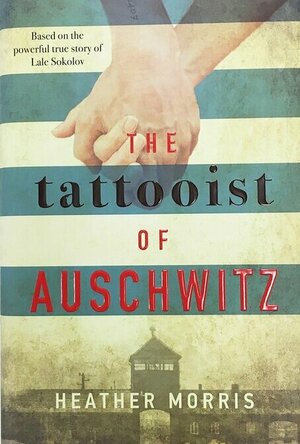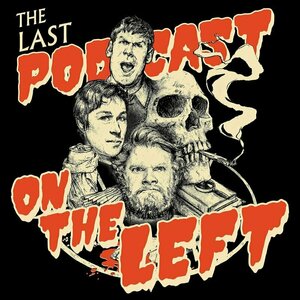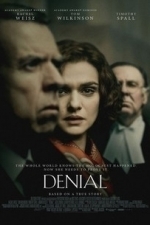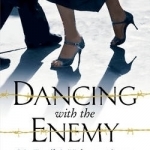
Dancing with the Enemy: My Family's Holocaust Secret
Book
When Paul Glaser discovered his Aunt Rosie's remarkable wartime diaries, photographs and letters he...
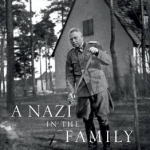
A Nazi in the Family: The Hidden Story of an SS Family in Wartime Germany
Book
WARTIME BERLIN: The Niemann family - Karl, Minna and their four children - live in a quiet, suburban...
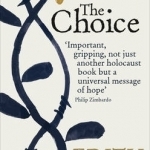
The Choice: Escape Your Past and Embrace the Possible
Book
In 1944, sixteen-year-old Edith Eger was sent to Auschwitz. There she endured unimaginable...
Hazel (2934 KP) rated The Stolen Twins in Books
Feb 5, 2023
The story is told from the viewpoints of Jewish twins Arina and Nora and from multi timelines from their life with their parents in Hungary, through the horrors of being twins at the hands of the monster that was Mengele in Auschwitz and their road to rebuilding their lives in France and the USA.
It is a powerful story of survival, loss, resilience, hope and the power of love; I was absolutely rivetted and devoured it in quick time and have no problem recommending this to those of you who love getting totally immersed in a wonderful book that will have your emotions in tatters and my thanks must go to Bookouture and NetGalley for enabling me to read and share my thoughts of The Stolen Twins.
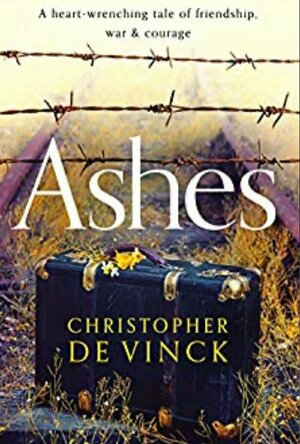
Ashes
Book
A deeply touching novel about two young women whose differences, which once united them, will tear...
Historical fiction World War 2 Holocaust
Amanda (96 KP) rated The Tattooist of Auschwitz in Books
May 29, 2019
So I thought about it, and I’ve decided to write my review for this book. I’ve never read books that center around The Holocaust. I never thought I would, because I’ve seen several movies and just the sheer graphics of it alone made me sad. I know this was supposed to be based on a true story, but I went into it with the mindset that it wasn’t true, because most times, some of those stories are fabricated for drama purposes. I’ve read that even Heather Morris added some things to the story for that reason, so again, I saw it as just another story.
The story centers around Lale who is transferred to Auschwitz, but is given the job as a tattooist. From the descriptions, he has to use a really awful needle and has to press down hard enough for the numbers to be seen and never removed – a highly painful process that he has to perform even on children. Then one day, he tattoos a lady that catches his eye, Gita, and from then on he plans to love her and marry her WHEN they get out of Auschwitz.
Off the bat, something about the writing kind of bothered. I couldn’t quite pin point what it was. I read somewhere that this book was originally written as a screen play and I think that was it. To me, the style had a vagueness to it that made it feel like some parts I was reading something from an old story book from when I was in high school. I’m not saying that style was terrible. This particular writing style is not my favorite to read.
I liked the premise of the story. I can’t begin to imagine what it was truly like in those camps. I can’t comment on it either, but like I said, I also didn’t go into this book thinking it was all a true story about these two people. So, there were some bits of the story that I had a hard time believing, but then again, I’m not sure if it was a true part or a fabrication part.
All in all, the story wasn’t bad. I felt so horribly for Lale having to have that job, but he survived, and Gita. The remembering of their families and wondering if they are alive or dead struck me a bit. I know I’ve said this, but I can’t imagine that kind of pain. I feel horrible whenever Lale thought of his mother.
“His mother he can see perfectly. But how do you say goodbye to your mother? The person who gave you breath, who taught you how to live?”
You can’t, that’s the answer.
The book didn’t live up to the hype, in my opinion, but Morris wrote a nice and moving story in the end. I know there are some other stories like this. One of my Twitter friends recommend the Librarian of Auschwitz, so perhaps I will see about that book.
I don’t believe I’ll be seeking out the sequel to this book. I do hope it’s better than the first, but the story is still good.
John Woodward (6 KP) rated Last Podcast On The Left in Podcasts
Mar 20, 2019
Bob Mann (459 KP) rated Denial (2016) in Movies
Sep 29, 2021
Help is required and Lipstadt is assigned a hot-shot solicitor (if that’s not an oxymoron) in the form of Anthony Julius (Andrew Scott, “Sherlock”) and top barrister Richard Rampton (Tom Wilkinson, “Selma“). The stage is set for an epic legal battle that will establish not just legal precedent but also historical precedent affecting the entire Jewish people.
This film’s trailer really appealed to me, and I was looking forward to this film. And that view clearly also got through to people of my age bracket (and older) since the cinema was pretty full. But ultimately I was disappointed by the film.
But first the good points.
The cinematography by Haris Zambarloukos (“Thor”, “Mamma Mia”) is memorable, particularly for the Auschwitz tour which is done in an impressively bleak way on an astoundingly bleak winter’s day.
Andrew Scott, so woefully miscast as “C” in “Spectre“, here is a nice shoo-in for the cocksure but aloof expert. And Tom Wilkinson, who can seldom put a movie foot wrong, is also perfectly cast as the claret-swigging defence-lead: passionless and analytical even when facing the horrors of a trip to Auschwitz.
Timothy Spall’s Irving is well portrayed as the intelligent and articulate – albeit deluded – eccentric he no doubt is.
There are also some nice cameo performances, including John Sessions (“Florence Foster Jenkins“) as an Oxbridge history boffin and Mark Gatiss (“Sherlock”) as an Auschwitz expert.
However, these positives don’t outweigh the big negative that the broader ensemble cast never really gels together well. The first time this is evident is in an office meeting of the defence team where the interactions have a sheen of falseness about them that is barely hidden behind some weak script and forced nervous laughter. Tea can’t help.
In particular, attractive Kiwi actress Caren Pistorius (“The Light Between Oceans“) seems to have been given a poor hand to play with as the junior member of the team. A late night interaction with her boyfriend, who whinges at her for having to work late, seems to be taken from a more sexist age: “the 70’s called and they want their script back”.
None of this is helped by Rachel Weisz, who I’m normally a fan of, but here she is hindered by some rather dodgy lines by David Hare (“The Reader”) and an unconvincing (well, to me at least) New York accent. For me I’m afraid she just doesn’t seem to adequately convey her passion for the cause.
While the execution of the court scenes are well done, the film is hampered by its opening five words: “Based on a True Story”. This is something of a disease at the moment in the movies, and whilst in many films (the recent “Lion” for example) the story is in the journey rather than the result, with “Denial” the story is designed to build to a tense result that unfortunately lacks any sort of tension – since the result is pre-ordained.
This is all a great shame, since director Mick Jackson (“LA Story”, in his first feature for nearly 15 years) has the potential here for a great movie. Perhaps a more fictionalised version (“vaguely based on a true story”) might have provided more of a foundation for a better film?
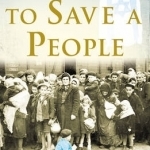
To Save a People
Book
"New York Times" bestselling author Alex Kershaw has written the first full biography of one of the...
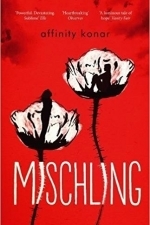
Mischling
Book
It's 1944 when the twin sisters arrive at Auschwitz with their mother and grandfather. In their...
historical fiction

